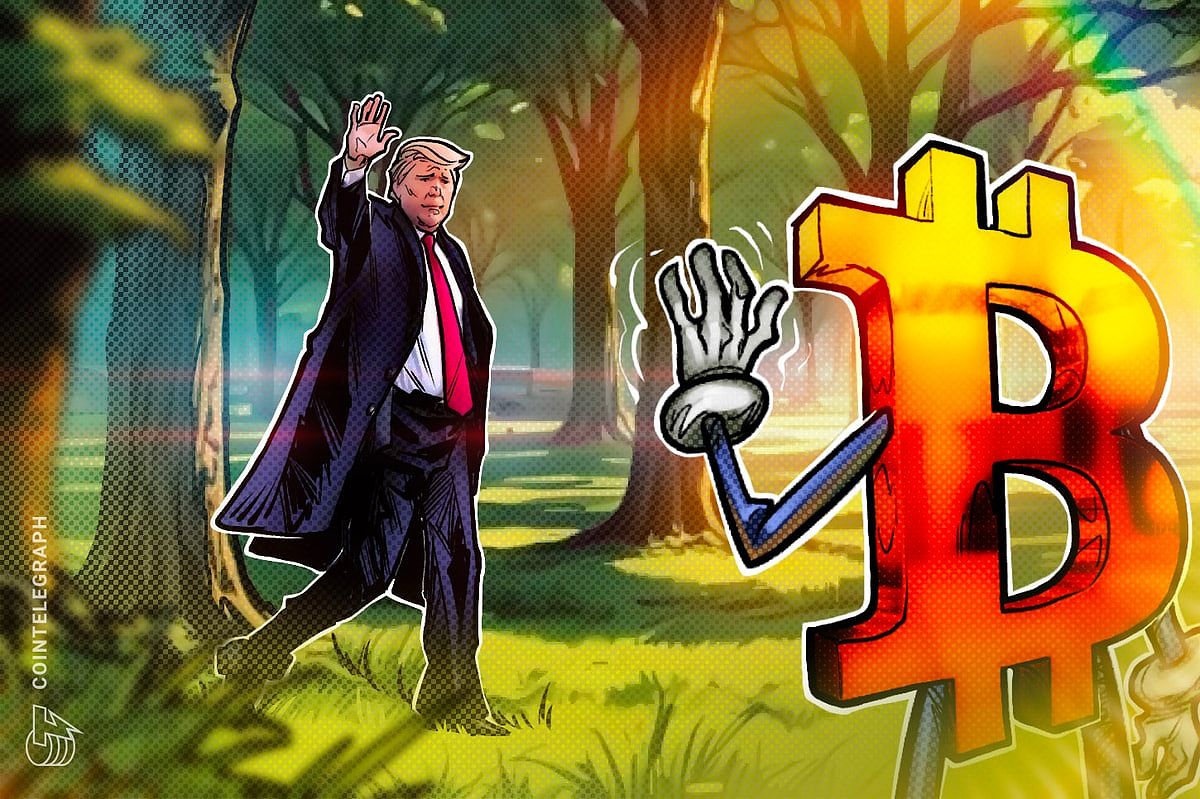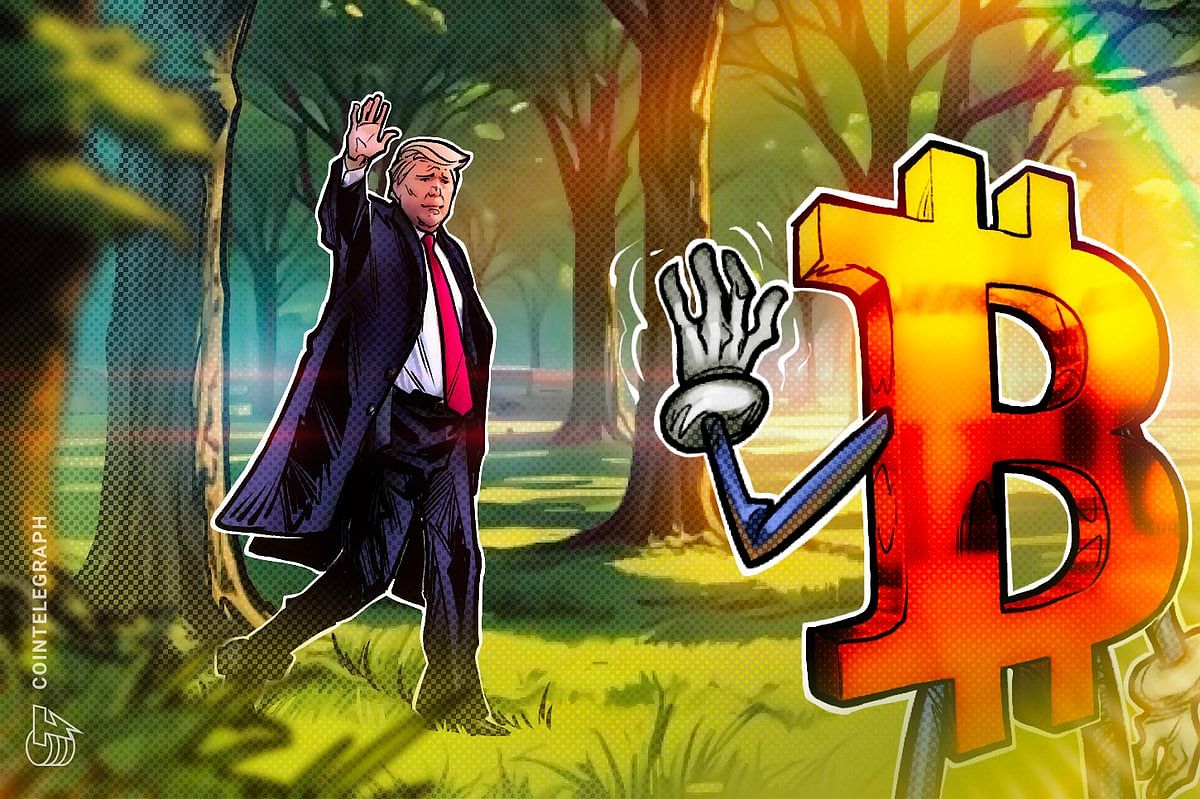As the 2024 United States presidential election approaches, the spotlight is increasingly focused on the candidates’ positions regarding cryptocurrency, a sector that continues to evolve rapidly. Two prominent figures, former President Donald Trump and independent candidate Robert F. Kennedy Jr., have emerged as key players in this arena, each championing distinct visions for making the U.S. a global leader in cryptocurrency. Their differing strategies are generating considerable discourse within the crypto community, leading to speculation about how their policies might shape the future of this burgeoning industry.
Trump’s Vision: An Ambitious Bid for Crypto Leadership
Donald Trump has articulated a bold ambition to position the U.S. as the world’s preeminent crypto hub. During the Bitcoin 2024 conference, he expressed a vision that parallels Bitcoin’s current trajectory with the historical growth of the steel industry, underscoring his belief in its transformative potential. Trump has openly praised the Bitcoin community, suggesting that he envisions a future where Bitcoin’s market capitalization eclipses that of gold. His proposed regulatory framework aims to create a more favorable environment for cryptocurrency, indicating a desire to relax existing regulations and promote fossil fuel energy to power Bitcoin mining operations.
While Trump’s intentions have sparked excitement among certain crypto advocates, they have also elicited skepticism. His vision of a crypto-driven U.S. economy may foster increased adoption and investment, but his reliance on fossil fuels raises significant environmental concerns associated with Bitcoin mining practices. Moreover, the ambiguity surrounding his regulatory approach leaves many in the crypto sector questioning the sustainability of his proposed policies.
Kennedy’s Comprehensive Bitcoin Strategy: A Push for Financial Autonomy

In contrast, Robert F. Kennedy Jr. offers a markedly different perspective on cryptocurrency, particularly Bitcoin. He has laid out an ambitious policy framework that positions Bitcoin at the core of his economic vision. Kennedy’s plan includes an executive order aimed at transferring the Federal Reserve’s purported Bitcoin holdings into a strategic reserve. He has proposed a systematic acquisition of Bitcoin, suggesting daily purchases of 500 coins until the U.S. government accumulates at least four million Bitcoin, which could amount to control over nearly 20% of the total Bitcoin supply.
Kennedy’s strategy has elicited both enthusiasm and caution within the cryptocurrency community. His vision of a Bitcoin-backed financial system could stabilize the market and bolster Bitcoin’s value. However, critics question the feasibility of such an ambitious initiative and express concerns about the implications of government control over a significant portion of Bitcoin. This raises fundamental questions about the principles of decentralization that underpin the cryptocurrency ethos.
The Crypto Community’s Reaction: A Balancing Act of Support and Skepticism
The responses from the cryptocurrency community to the positions taken by Trump and Kennedy have been varied. While many enthusiasts welcome the engagement of high-profile political figures, there remains a palpable sense of caution regarding the potential ramifications of political involvement in a space that has thrived on decentralization and autonomy. Notable voices within the community, including figures like Edward Snowden, have urged vigilance, warning against the dangers of politicians co-opting cryptocurrency for their own agendas.
The crypto community finds itself at a crossroads, striving to embrace political support while safeguarding its foundational principles. While greater political engagement may lead to increased mainstream acceptance and legitimacy for cryptocurrencies, there is a legitimate concern that excessive political influence could undermine the core values of the industry.
Conclusion
The 2024 presidential election represents a critical juncture for the cryptocurrency sector, with Trump and Kennedy’s contrasting visions illuminating both the potential advancements and inherent challenges ahead. The electoral outcome could significantly influence the trajectory of cryptocurrency in the United States and beyond. As the political landscape evolves, it is essential for investors and crypto enthusiasts to remain informed about the candidates’ stances and the broader implications of their proposed policies. The future of cryptocurrency hangs in the balance, and the decisions made by the next president will undoubtedly shape the industry for years to come.

